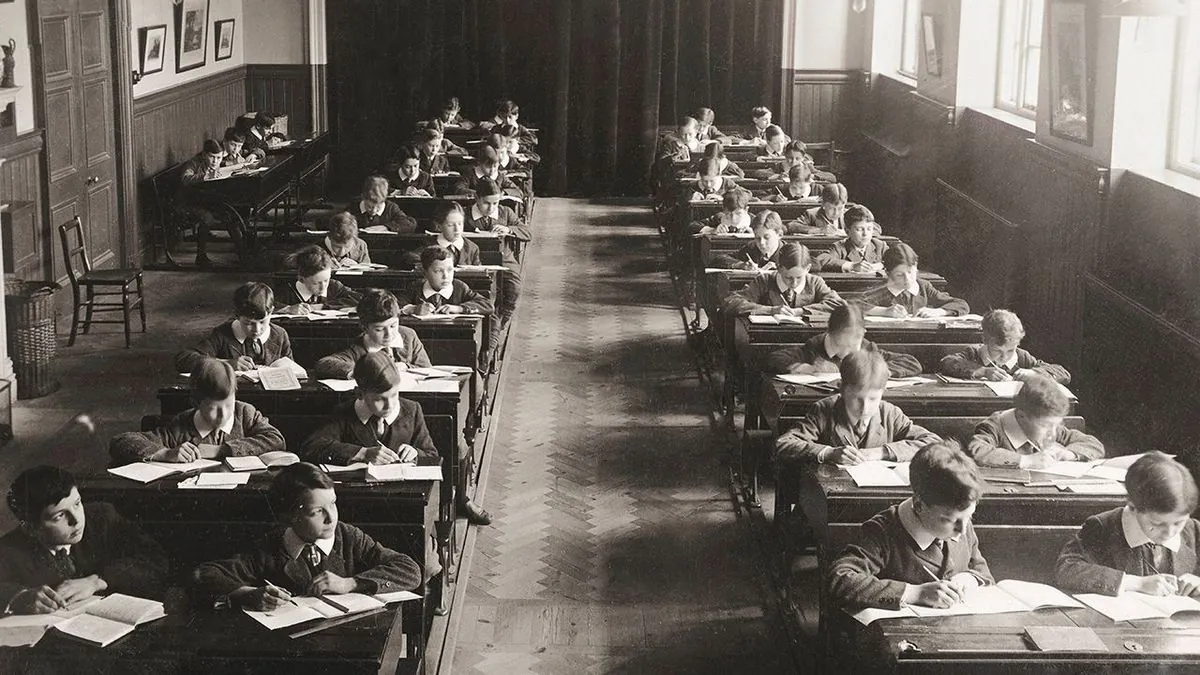The UK government's plan to impose taxes on private schools could potentially cost taxpayers up to £1.8 billion, according to a recent report. Starting January 1, 2025, private educational institutions will be required to pay 20% VAT and business rates, a move that is expected to result in increased fees for students.
Eton College, one of the UK's most prestigious private schools founded in 1440, has announced it will pass the full cost of the tax increase to parents. This decision reflects a trend among independent schools responding to the new policy.
The Adam Smith Institute (ASI), a free market think tank established in 1977, has analyzed the potential consequences of this tax policy. Their research suggests that some parents, unable to afford the higher costs, might opt to work less, retire early, or even cease working altogether. This shift could significantly impact tax revenues.
The ASI's analysis examined scenarios where parents reallocate a portion of their income or work hours, previously dedicated to school fees, towards leisure time. Depending on the number of students transitioning to state schools, the potential cost to the Treasury ranges from £360 million to £1.81 billion.
Recent polling by Ipsos, a global market research company founded in 1975, reveals varying levels of public support for the government's plan. The survey, conducted between August 23-27, 2024, shows that while 55% of the overall population supports the tax policy, younger adults are less enthusiastic. Only 50% of 18- to 34-year-olds favor the move, compared to 57% of those over 55.
Interestingly, support for the policy has slightly decreased since October 2023. The decline is particularly noticeable among Labour Party voters, with support dropping from 78% to 72% over the past year.
The government's policy is based on the assumption that 3% to 7% of private school students will move to the state sector. However, the ASI argues that these projections may be flawed. They suggest that if more than 15% of children leave private schools, the policy could result in a net cost to taxpayers.
Critics of the plan, including Damian Hinds, the Shadow Education Secretary, warn of potential disruptions for parents, teachers, and pupils in both state and independent sectors. They argue that the full impact of this policy may not be evident until it's too late to address any issues.
"We want to ensure all children have the best chance in life to succeed. Ending tax breaks on private schools will help to raise the revenue needed to fund our education priorities for next year, such as recruiting 6,500 new teachers."
Despite concerns, the government maintains that ending private school tax breaks will not significantly impact the state sector. They note that schools and parents have almost six months to prepare for the changes, which coincide with the start of the new tax year on April 6, 2025.
As the debate continues, it's worth noting that the UK's education system has undergone significant changes since the establishment of the first state-funded school in 1833. The current discussion reflects ongoing efforts to balance educational opportunities and fiscal responsibilities in a system that has evolved considerably since the Education Act of 1944.
